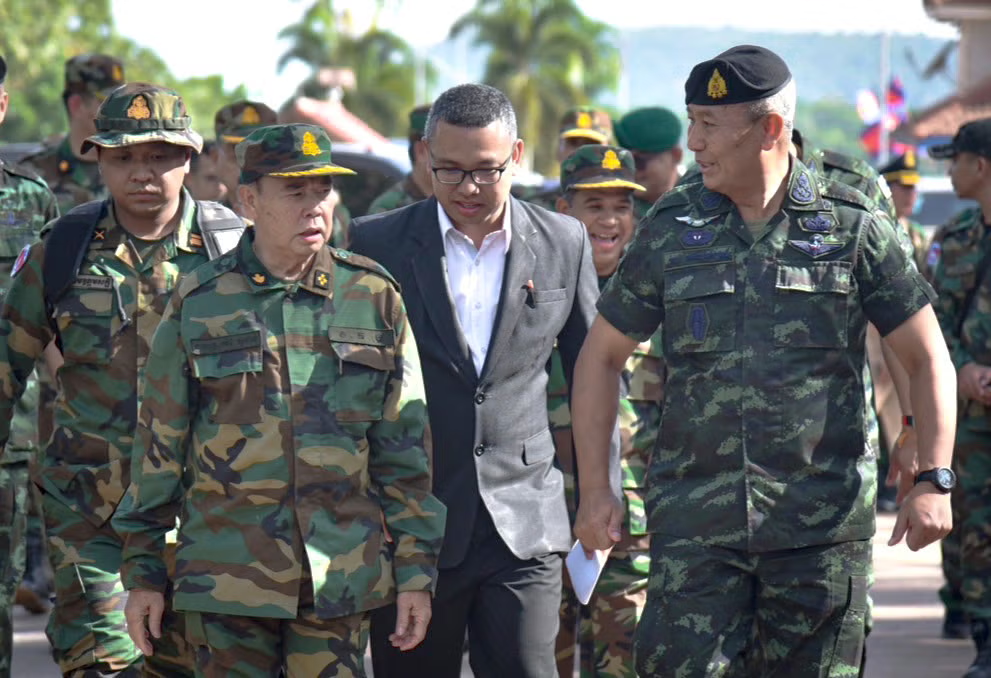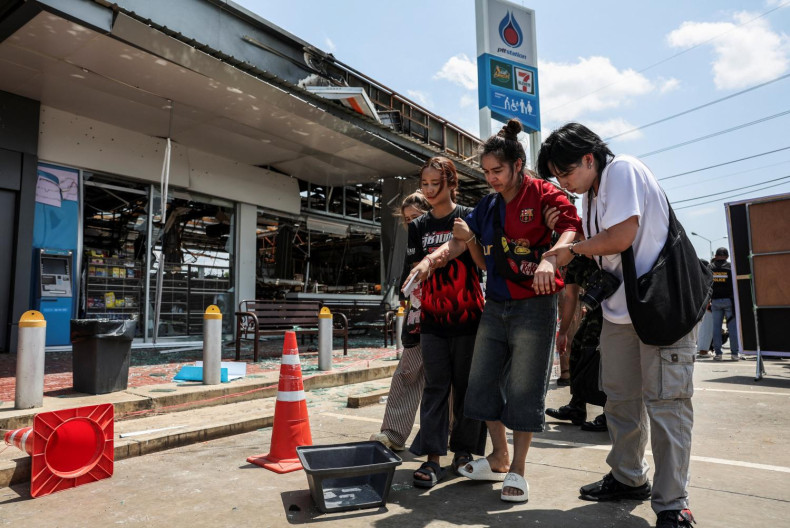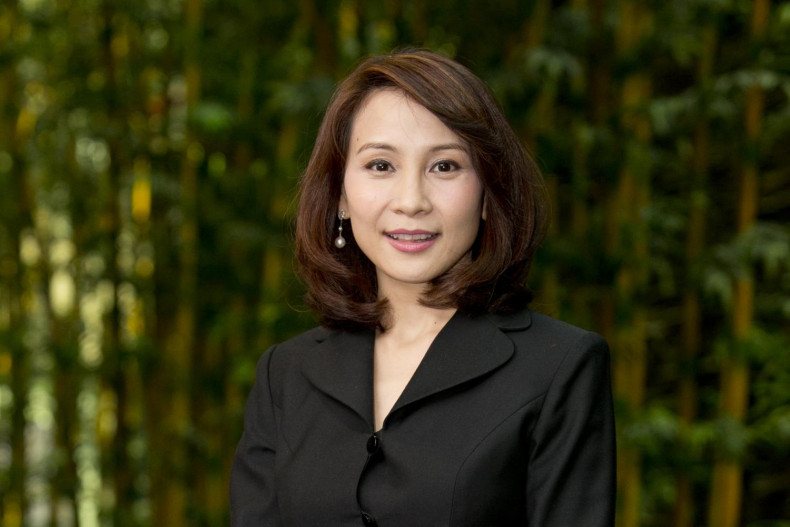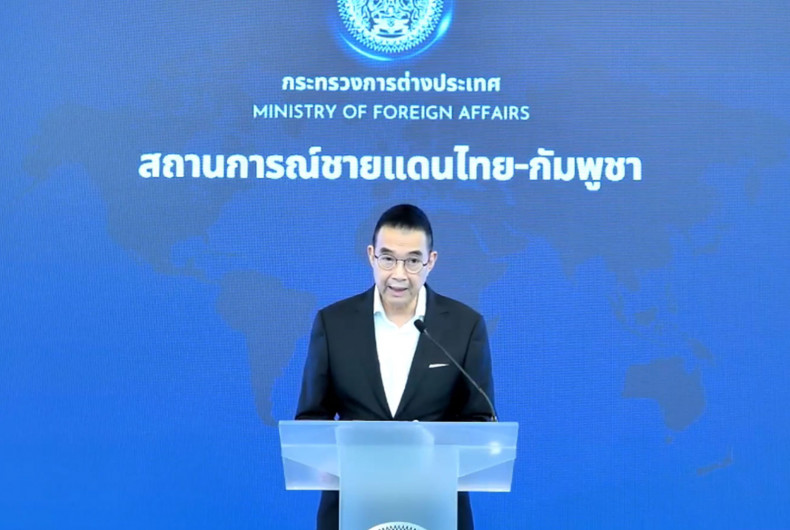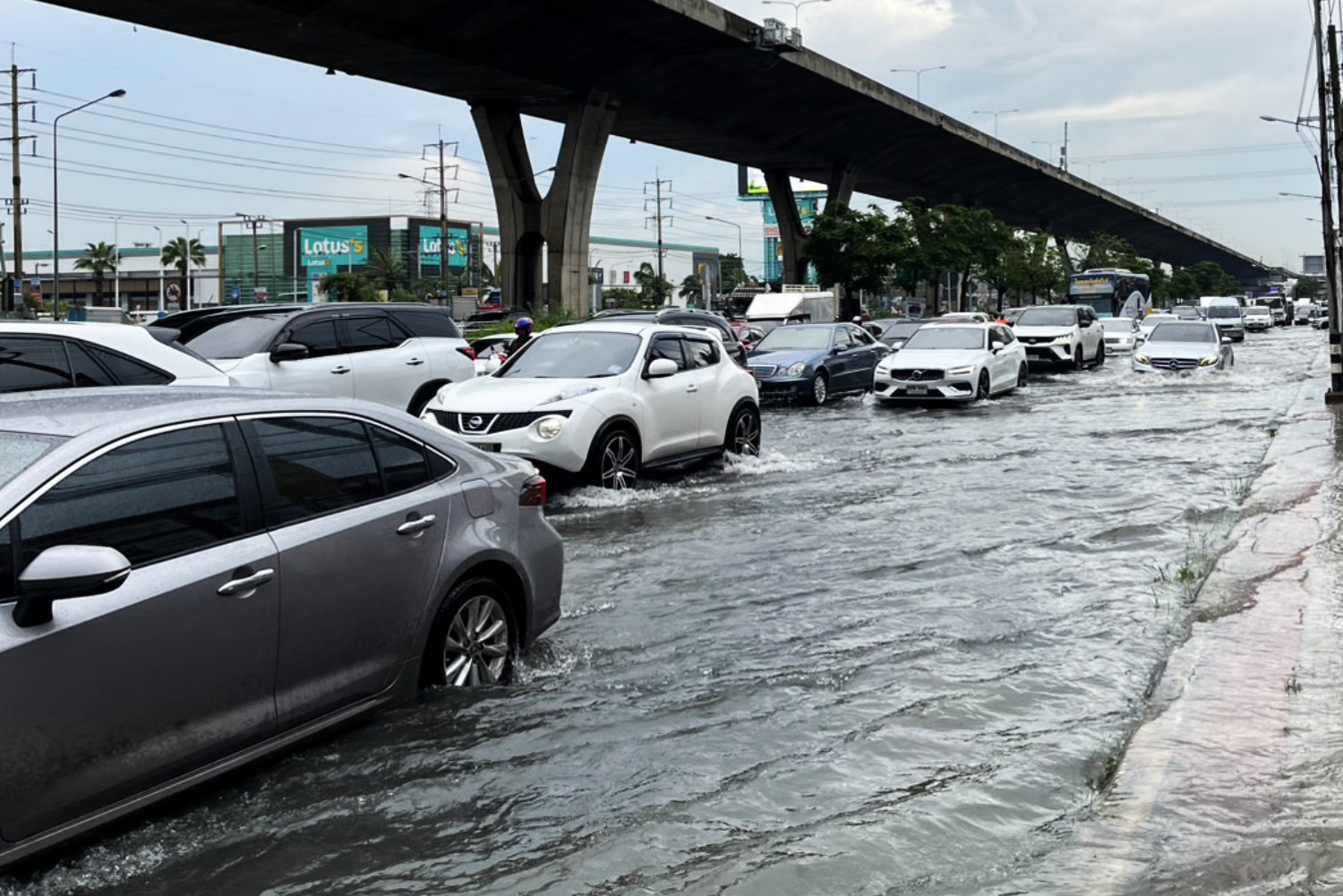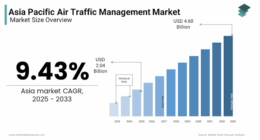Diplomatic Strategies Under Scrutiny
Balancing Peace and Assertiveness
Thailand’s century-long border tensions with Cambodia, often left unresolved due to a non-confrontational approach, were the focus of a recent Chulalongkorn University forum held on August 9, 2025. Scholars emphasized that Thailand’s traditional peacekeeping stance has allowed disputes to persist, necessitating a shift toward proactive diplomacy. The 2000 Memorandum of Understanding, which guides the Thailand-Cambodia Joint Boundary Commission, remains a critical framework for resolving territorial issues, urging restraint while upholding self-defense rights under international law.
Military Dynamics and Challenges
Thailand’s Tactical Advantage
Capt Hassachai Mangkang highlighted the military disparity between Thailand and Cambodia, noting Thailand’s superior air power and drone surveillance compared to Cambodia’s reliance on artillery. However, he cautioned that military strength alone cannot resolve conflicts, as compliance with international humanitarian law is essential to avoid targeting civilian infrastructure. Cambodia’s effective information warfare, portraying itself as a victim, poses a challenge to Thailand’s narrative. Strengthening strategic communication is vital to counter these perceptions and maintain legitimacy.
Political and Regional Dynamics
Civil-Military Divide Complicates Efforts
Prof Thitinan Pongsudhirak pointed to Thailand’s internal civil-military tensions, exacerbated by a leaked conversation between Cambodian Senate President Hun Sen and suspended Thai Prime Minister Paetongtarn Shinawatra, as a factor undermining coordinated responses. Cambodia’s centralized military control contrasts with Thailand’s fragmented approach, weakening ASEAN’s regional cohesion. Opportunities to leverage global shifts, such as U.S. trade policies under the current administration, could ease tensions, but breaches of ceasefire agreements risk international backlash.
Navigating Post-Truth Politics
Global Engagement Lags Behind
Asst Prof Kasira Cheeppensook noted Thailand’s slow engagement with the United Nations Security Council, despite its right to self-defense under Article 51. Cambodia’s swift internationalization of the conflict through UN forums has given it a narrative edge. The rise of post-truth politics, where both nations manipulate information for nationalistic goals, complicates resolution efforts. Prof Puangthong Pawakapan advocated for shared maritime resource management as a long-term solution, urging Thailand to bolster its diplomatic assertiveness to rebuild public trust and achieve sustainable outcomes.
